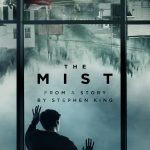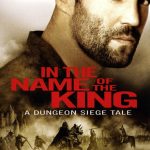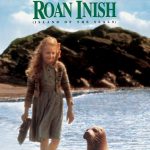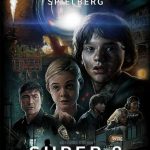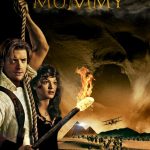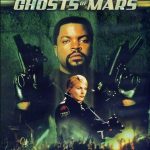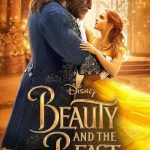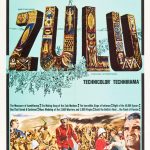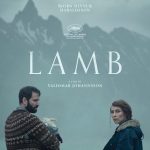The Twilight Saga: Eclipse (2010)
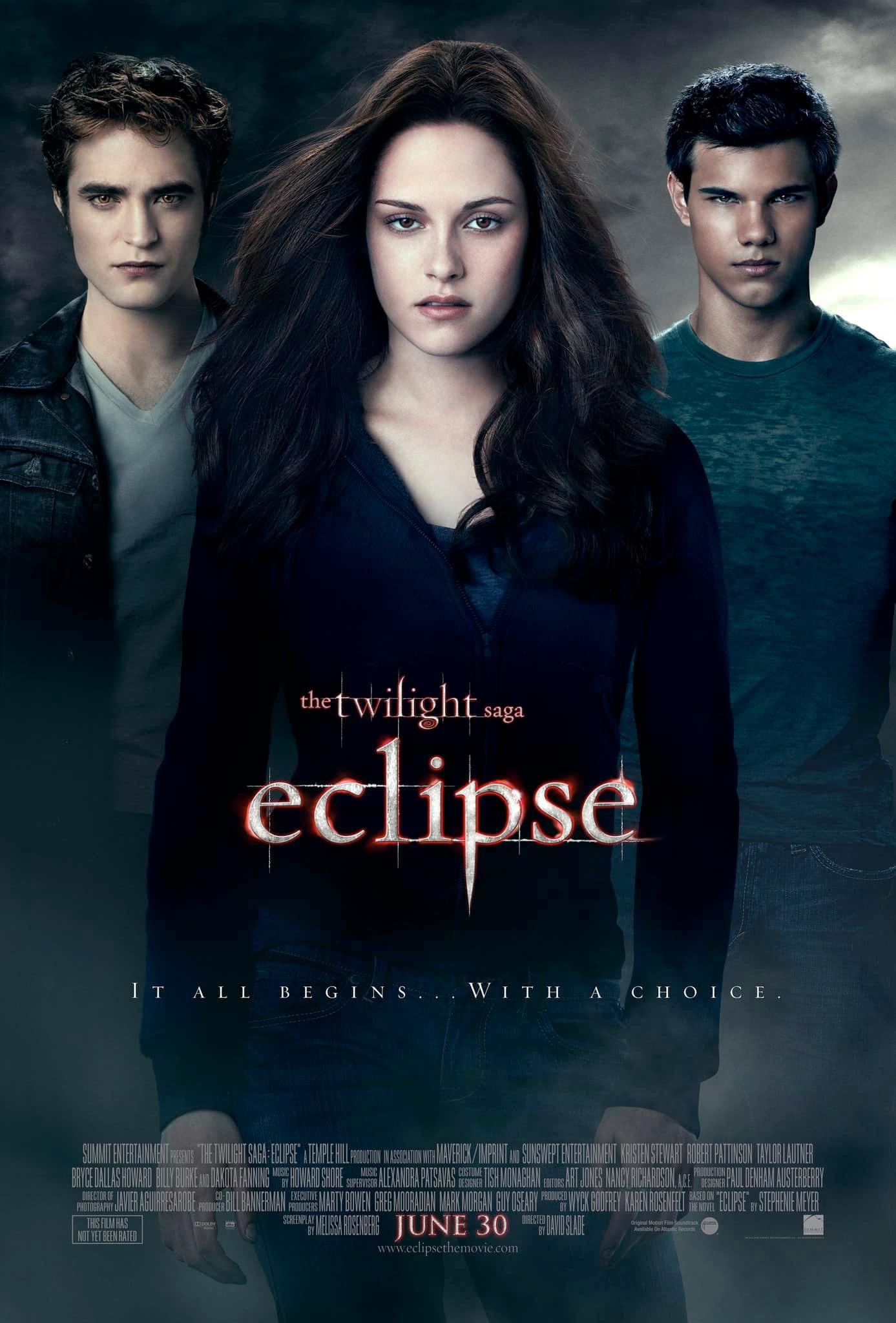
The Twilight Saga: Eclipse (2010), directed by David Slade, is the third installment in the Twilight series based on Stephenie Meyer’s bestselling books. The film continues the saga of Bella Swan (Kristen Stewart), her vampire love interest Edward Cullen (Robert Pattinson), and the werewolf Jacob Black (Taylor Lautner), as they navigate their complex love triangle and face increasing dangers from both vampire and werewolf enemies.
Plot and Story
Eclipse picks up where New Moon left off, with Bella forced to choose between her intense love for Edward and her strong bond with Jacob. The film deepens the romantic conflict while ramping up the stakes with an external threat—Victoria (Rachelle Lefevre) is seeking revenge for the death of her mate, James, and creates an army of newborn vampires to attack the Cullens and their allies.
While the plot touches on themes of love, loyalty, and self-sacrifice, it still centers mostly around the love triangle, which has been a driving force throughout the series. The action and danger from the vampire army provide a somewhat more engaging backdrop, but at its core, Eclipse is largely about Bella’s emotional struggle to decide between her future as a mortal with Jacob or as a vampire with Edward.
The film also explores the broader dynamics between the vampires and werewolves, as the two groups are forced into an uneasy alliance to fight against Victoria’s army. This collaboration adds some interesting tension, but ultimately, it’s Bella’s internal conflict and her relationship with the two men that drives the narrative forward.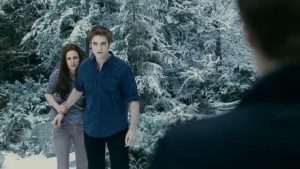
Characters and Performances
The performances in Eclipse are largely consistent with the previous films in the series. Kristen Stewart’s portrayal of Bella continues to be polarizing—while some viewers appreciate her portrayal of a conflicted teenager, others find her passive and emotionally stilted. Bella’s internal turmoil is expressed largely through quiet moments and her romantic interactions with both Edward and Jacob. Stewart’s subdued approach works well for the introspective aspects of Bella’s character, but at times it feels repetitive.
Robert Pattinson’s portrayal of Edward is, as usual, stiff and overly brooding, though this works in the context of the character’s constant internal struggle with his vampiric nature. Edward’s insistence on protecting Bella, even to the point of alienating her from her friends, is a significant part of the plot in Eclipse, and Pattinson plays this role with the same intensity that has become a hallmark of the character.
Taylor Lautner’s performance as Jacob is more dynamic than in the previous films, especially as his character’s emotional arc comes to the forefront. Jacob’s role as Bella’s best friend-turned-love interest is complicated by his growing resentment toward Edward and his own internal conflict about his werewolf identity. Lautner does a better job of conveying Jacob’s emotional depth in this film, especially as he faces rejection and the looming possibility of Bella choosing Edward over him.
The supporting cast includes familiar faces such as Billy Burke as Bella’s father, Charlie Swan, and Peter Facinelli as the calm, wise vampire Carlisle Cullen. The film also introduces some new characters, including more members of the Cullen family and the werewolf pack, although they are generally underdeveloped and serve as little more than additional bodies for the final battle.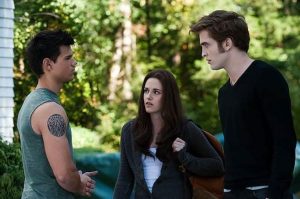
Direction and Cinematography
David Slade brings a darker, more mature tone to Eclipse compared to its predecessors. Known for his work on 30 Days of Night (2007), Slade infuses Eclipse with a slightly more intense, ominous atmosphere, particularly in the battle scenes and moments of emotional tension. The pacing of the film is relatively brisk, with more action than the previous entries, though it still contains the quiet, brooding moments that fans of the series have come to expect.
The action sequences, particularly the climactic battle between the Cullens, werewolves, and Victoria’s vampire army, are well-executed and visually compelling. The use of CGI is noticeable in some of the more fantastical moments, such as the fight scenes, but the film manages to avoid the excesses that plagued some earlier supernatural films. The visual effects in Eclipse are competent but not groundbreaking, and the film still relies heavily on the series’ signature mood lighting and forest landscapes to evoke a sense of mysticism.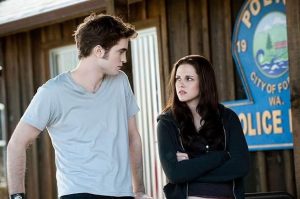
Themes and Tone
Like the previous films, Eclipse explores themes of love, identity, and sacrifice, but it also introduces a more pronounced theme of self-empowerment. Bella must choose between Edward and Jacob, but she also grapples with what she wants from her future. The film touches on Bella’s desire for both safety and freedom, as well as her longing for immortality to be with Edward forever, yet it also explores Jacob’s perspective, as he wants her to choose a mortal life with him.
This thematic element of choice and destiny is explored against the backdrop of danger and a battle between vampires and werewolves, which provides a bit more action and drama than in the previous films. However, the film is still primarily about Bella’s emotional journey rather than the external conflicts, and it largely focuses on her relationships with the two men. The film’s tone shifts between romantic melodrama and action-thriller, with the romance taking precedence.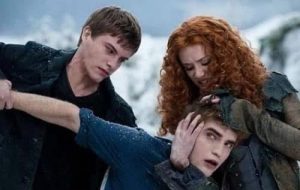
Music and Soundtrack
The soundtrack for Eclipse features music that complements the dark and romantic tone of the film, with artists like Muse, Florence + The Machine, and Vampire Weekend contributing songs. The music is one of the standout elements of the film, capturing the emotional highs and lows of Bella’s journey. The score by Howard Shore also adds to the atmosphere, with sweeping orchestral pieces that underscore the epic nature of the love triangle and the impending battle.
Final Thoughts
The Twilight Saga: Eclipse is a film that will likely please fans of the series, as it hits all the familiar beats in terms of romance, supernatural action, and brooding angst. However, for those outside the Twilight fandom, the film may feel repetitive and overly focused on Bella’s love triangle, rather than delving deeper into the lore or exploring more complex themes.
While it benefits from a darker tone and more action than its predecessors, Eclipse still doesn’t escape the limitations of its source material. The film presents a love story that is more about angst and yearning than actual character development or resolution. Its pacing is uneven at times, and while the battle sequences are exciting, they often feel secondary to the romance. Ultimately, Eclipse is a solid entry for Twilight fans but doesn’t significantly elevate the series for casual viewers.
